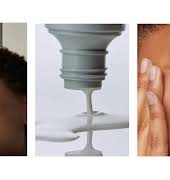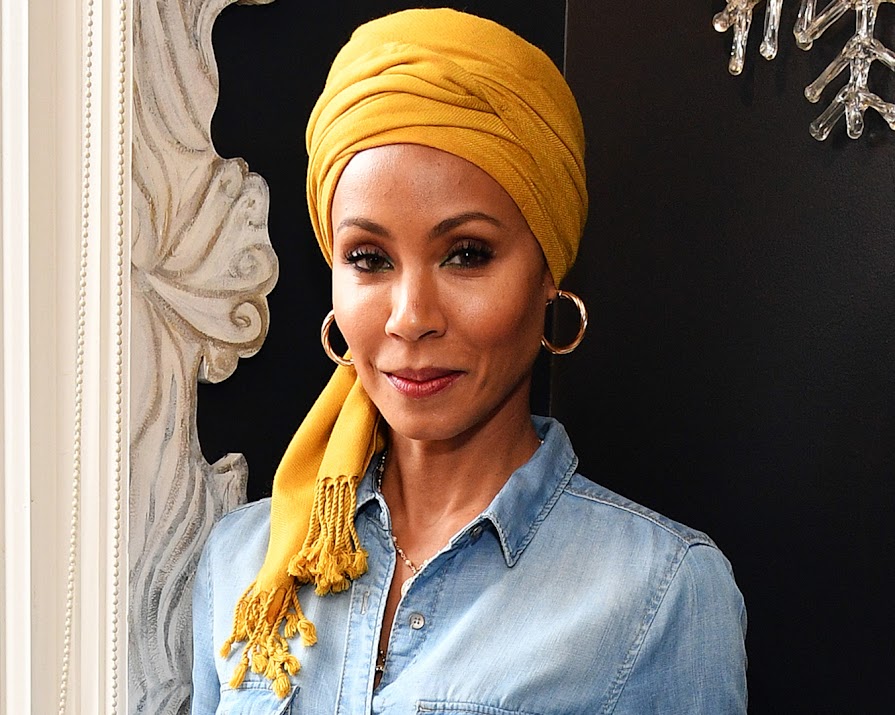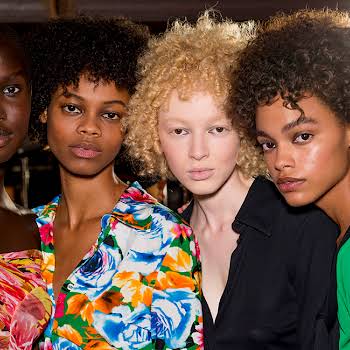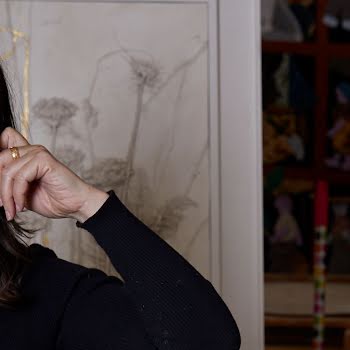
Is your hair falling out? These are the causes and how you can tackle it
By IMAGE
30th Sep 2020
30th Sep 2020
By the age of 40, 40% of women experience hair loss and yet it is not often discussed as a condition that impacts women. We ask GP Dr Doireann O’Leary about the causes and what can be done to overcome it.
Male pattern baldness is something that most of us are familiar with but did you know that women can also suffer from hair loss, hair thinning or baldness?
It can affect women at any stage of life. Jada Pinkett Smith has spoken about her struggles with hair loss, but she is one of the few to discuss it on the main stage.
Hair loss can be extremely distressing for a woman who starts to notice these changes. Our hair can be a large part of our identity and self-image. I advise anyone not to suffer in silence or worry that your doctor will think it’s a purely cosmetic issue; it’s not. It’s psychologically challenging and there are sometimes underlying medical conditions that need to be addressed.
Related: ‘I was 11 when I got my first bald patch’
Causes range from how we style our hair – such as tight ponytails and braids – anything that puts prolonged traction on the hair follicle can cause “traction Alopecia”. They can also include diet, stress and autoimmune conditions (when your immune system “attacks” your own body).
Here we will look at some causes and what to do if you or someone you know is experiencing hair loss or thinning.
Stress
Episodes of major psychological stress can have very real physical manifestations and hair loss and thinning is one of them. Furthermore, women with hair loss experience feelings of negative body image, poor self-esteem, less of a sense of control over their lives, and it very much impacts on their quality of life.
In an age where hair extensions are deemed to be a normal part of female grooming, it’s little wonder that hair loss is so upsetting. Managing stress requires a personalised approach for anyone who is suffering; good places to start are making sure you’re getting enough sleep, getting regular exercise and talking to your doctor and/or pharmacist about over-the-counter products like Zenflore which may help in some cases.
“Trichotillomania is a condition in which individuals repeatedly pluck hairs from the scalp or other hair-bearing areas.”
Trichotillomania is another psychological consideration.
It’s a condition in which individuals repeatedly pluck hairs from the scalp or other hair-bearing areas. Ask your doctor about psychological supports that may be available locally to help.
Diet and exercise
Extreme dieting and exercise or weight loss can result in hair loss. Maintaining a healthy diet and BMI are important for overall health as well as “hair health”.
Medical conditions
As I mentioned above, it’s important to report hair loss to your doctor as it may be a sign of an underlying deficiency or medical condition.
Conditions like a long-standing iron deficiency, an underactive thyroid gland or Polycystic Ovarian Syndrome (PCOS) can also be at play.
In alopecia areata the follicle is not damaged so there is potential for the hair to grow back.
Furthermore, skin conditions like lupus, dermatitis, fungal skin infections and psoriasis that affect the scalp can have deleterious and dramatic effects on our hair.
Female pattern hair loss is also seen and tends to happen in older age; it’s not only men who are affected.
Medicines
Some medicines can result in thinning hair or hair loss so it’s always useful to review any over-the-counter or prescription medicines you’re taking.
We’re all quite aware that chemotherapeutic agents can cause hair loss but other more routine medicines can too- some acne and blood pressure medicines, for example, can cause hair loss. Another important reason to report this important symptom.
Alopecia areata
Autoimmune diseases are diseases that occur as a result of our immune system “attacking” our own cells. There are many subtypes of alopecia but alopecia areata is the most common form of alopecia in which an autoimmune process contributes to the loss of hair on the scalp and/ or other areas.
Hair loss tends to occur in patches. In alopecia areata the follicle is not damaged so there is potential for the hair to grow back.
If you’re noticing hair loss or thinning please do visit your doctor to speak about it.
As I said above it’s not viewed as “vain”; it can sometimes point to an important medical problem.

Dr Doireann O’Leary is Cork-based doctor working in general practice. She is also a blogger and influencer in the health and fashion space.
Featured image: Getty Images
Read more: What pollution does to your hair
Read more: Lizzo’s self-love tonic























